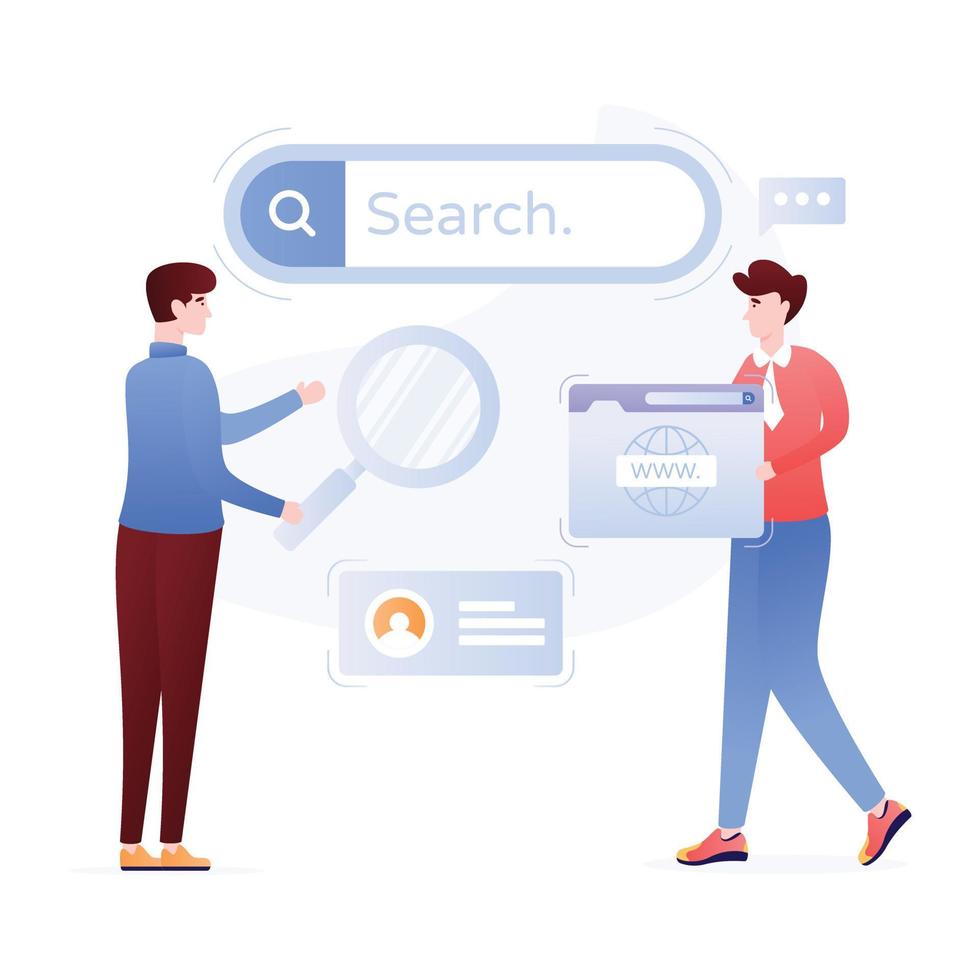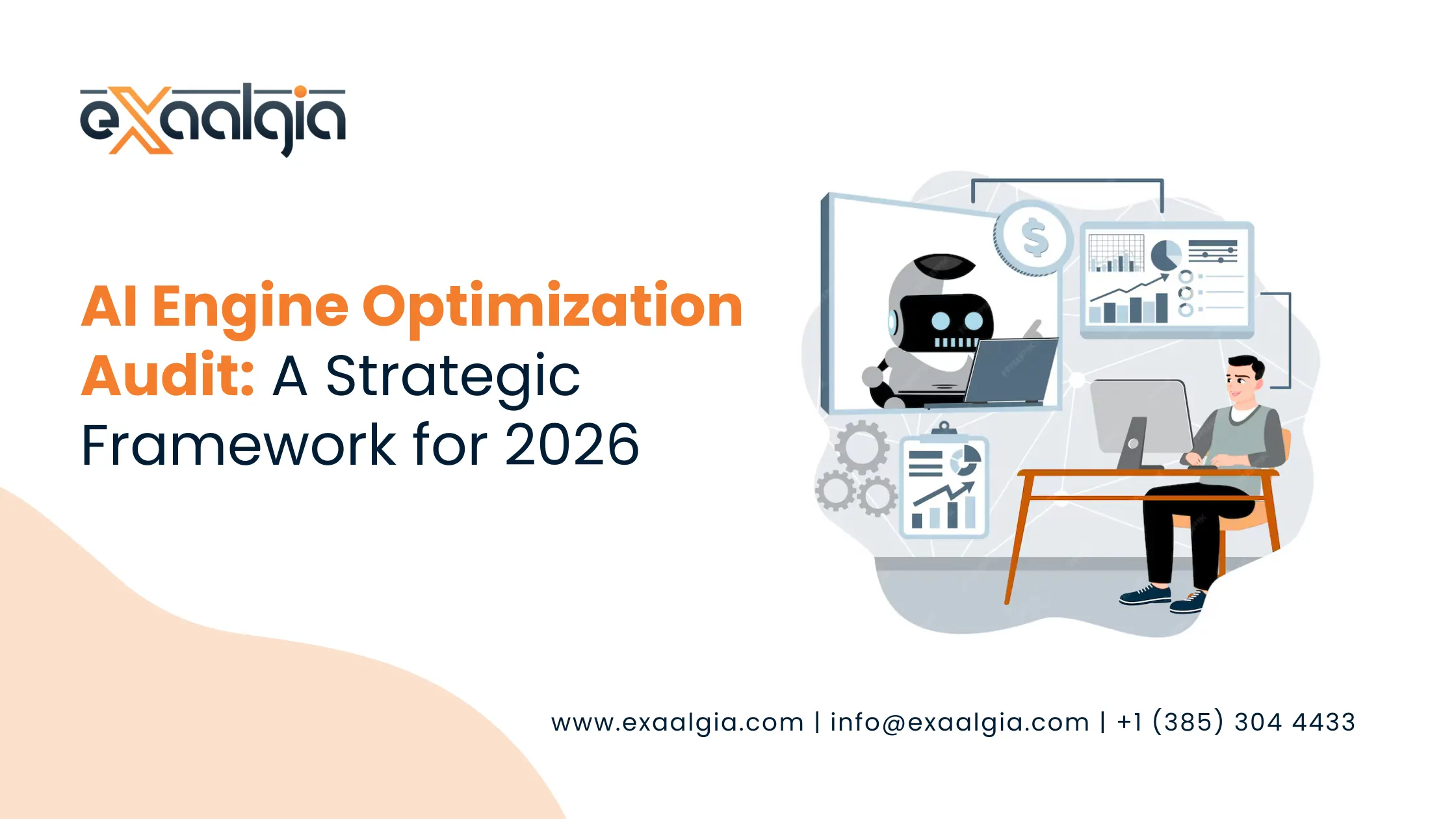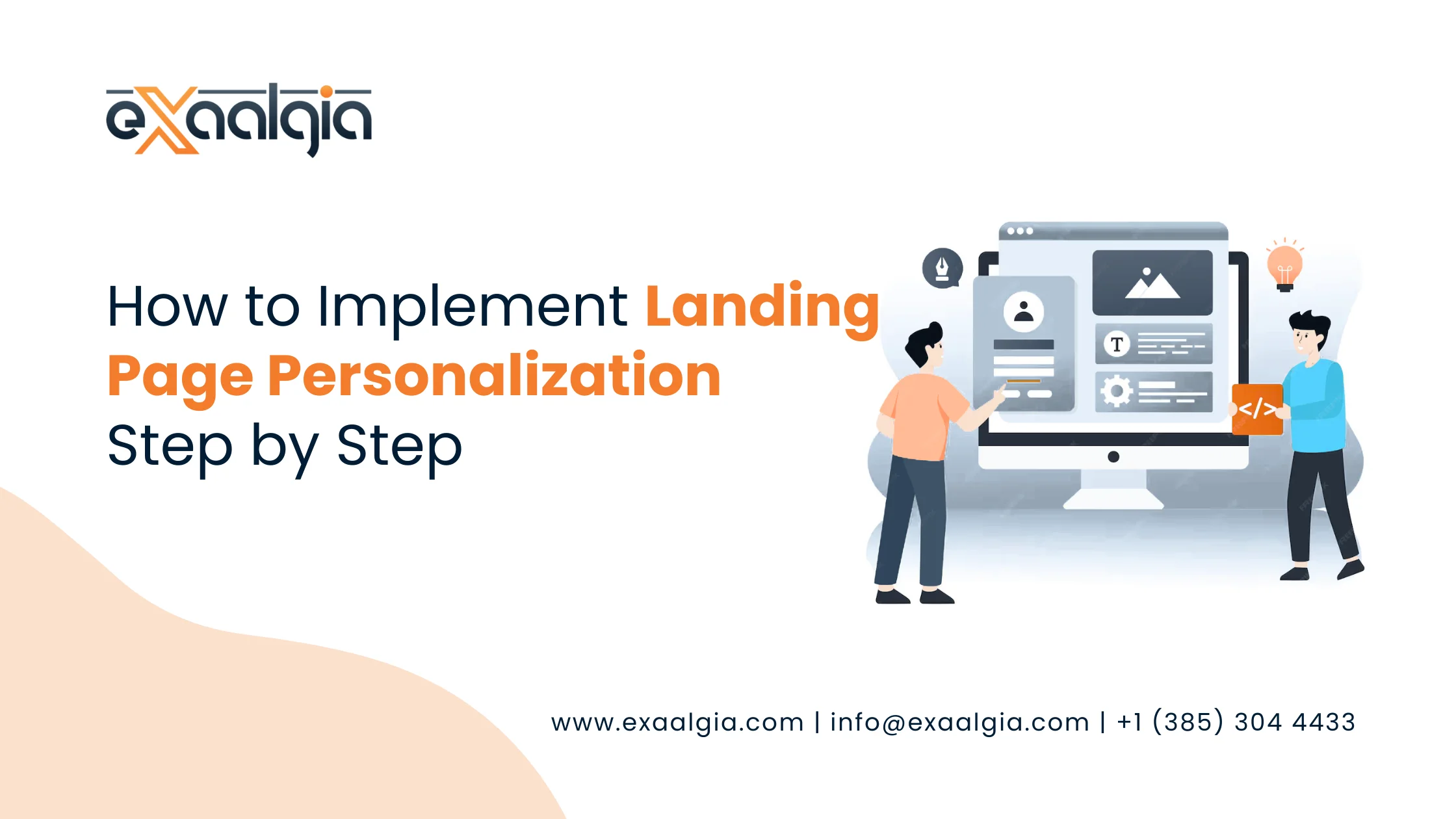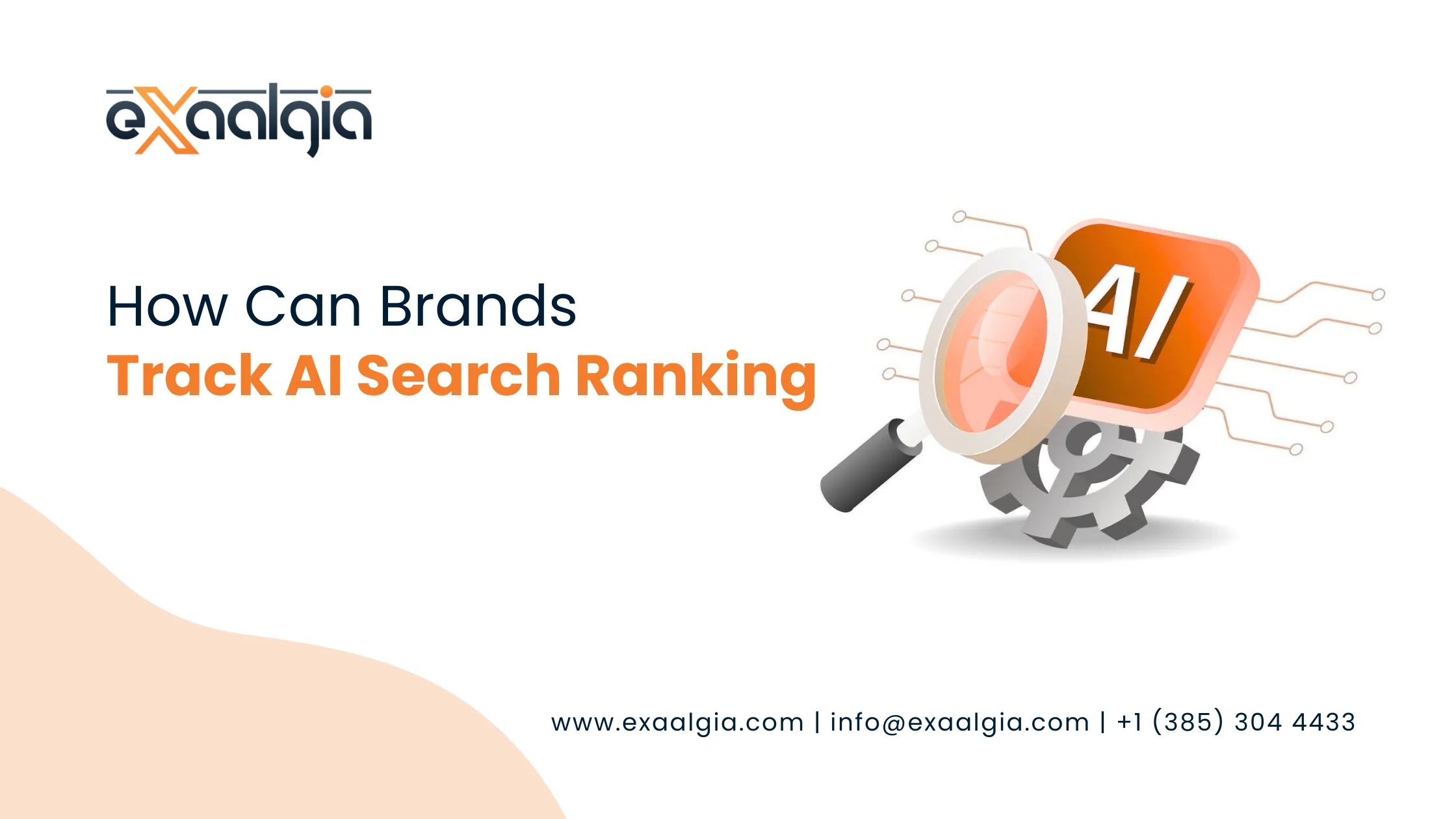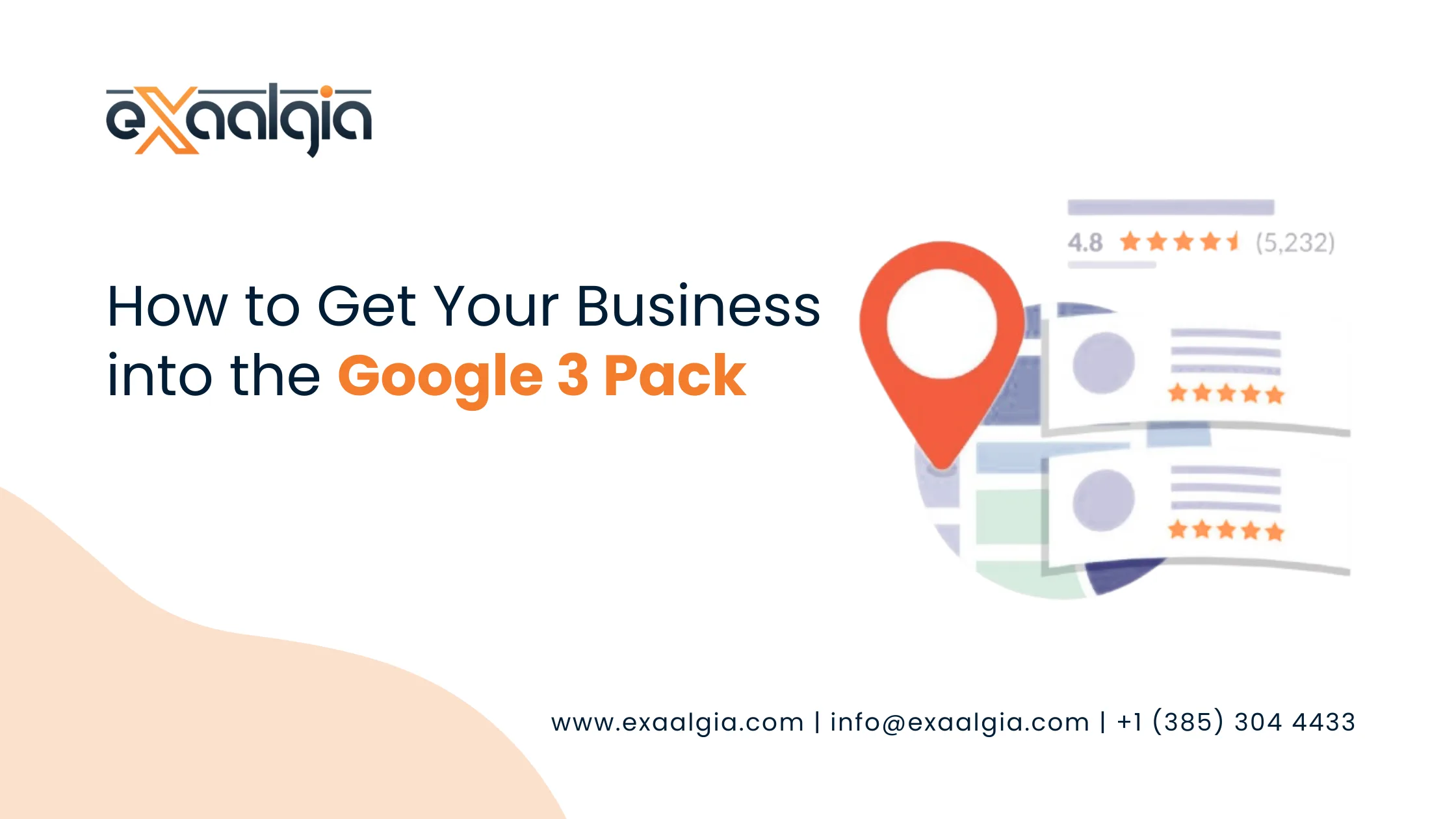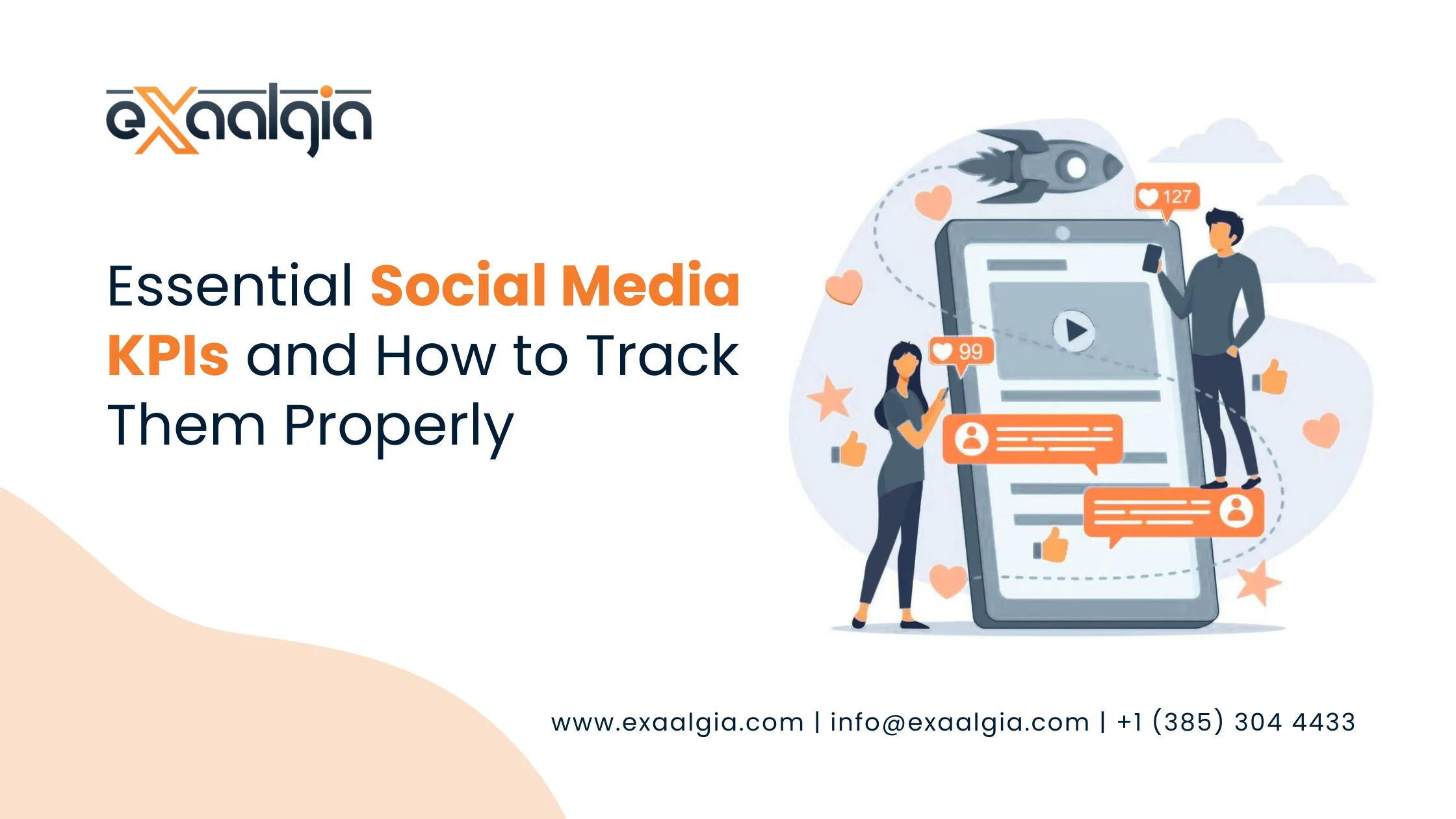Understanding Organic Search and Paid Search
What is Organic Search?
Organic search refers to the unpaid search results that appear on a search engine’s results page (SERP). These entries are based on relevance to the user’s query, not on advertisements. They are achieved through search engine optimization (SEO), which includes creating high-quality content, building backlinks, and optimizing technical aspects of a website.
To learn more about the mechanics of organic search, check out this article.
How Organic Search Works
Organic search relies on complex algorithms used by search engines like Google to determine page rankings. By optimizing your web pages with targeted keywords, mobile-friendly designs, and fast loading speeds, you can improve visibility in organic search results.
Key Benefits of Organic Search
- Cost-Effective: Once you achieve high rankings, the traffic is essentially free.
- Sustainable Growth: SEO is a long-term strategy that compounds over time.
- User Trust: Studies show users trust organic results more than paid ads.
Check out SEO services from Exaalgia to help improve your organic rankings.
What is Paid Search?
Paid search involves placing ads at the top or bottom of SERPs. These ads operate on a pay-per-click (PPC) model, meaning you pay for every user that clicks on your ad.
How Paid Search Works
By bidding on specific keywords, businesses can display their ads to a targeted audience. Platforms like Google Ads enable advertisers to set budgets, target specific locations, and refine audience demographics.
Key Benefits of Paid Search
- Immediate Visibility: Appears at the top of SERPs almost instantly.
- Precise Targeting: Allows advertisers to reach specific users based on keywords, behavior, and location.
- Scalable Traffic: Budget control enables scaling campaigns up or down depending on goals.
For robust PPC campaigns, consider digital marketing services from Exaalgia to drive maximum ROI.
Key Differences Between Organic and Paid Search
Cost Comparison: Free Traffic vs Pay-Per-Click (PPC)
While traffic from organic search is free, it requires a significant investment in time and expertise. On the other hand, paid search guarantees immediate results but can become costly over time as you compete for high-demand keywords.
Speed and Visibility: Long-Term vs Instant Results
Organic search takes months to yield results but builds lasting visibility. In contrast, paid search delivers instant clicks but stops when your budget runs out.
Click-Through Rate (CTR) and User Engagement
Organic listings generally achieve higher click-through rates (CTR) as users prefer unpaid results. Paid ads typically attract users looking for specific, quick solutions.
Trust and Credibility: Organic vs Paid Results
Pages ranking organically earn credibility over time due to quality content and relevance. Paid search, however, can lack user trust unless paired with strong ad copy and a compelling offer.
Sustainability: Which One Offers Long-Term Growth?
Organic search is the clear winner for long-term growth, while paid search is ideal for short-term campaigns or immediate results.
When to Use Organic Search vs Paid Search?
When Organic Search is the Best Strategy
- Businesses Focusing on Long-Term Growth: Companies seeking lasting results should prioritize organic strategies.
- Brands Looking to Build Authority and Trust: Organic search helps establish your brand as a trusted authority in your niche.
Which Situations Make Paid Search the Best Option
- Businesses Looking for Immediate Results: Startups or companies launching new products benefit from the quick visibility of paid ads.
- Short-Term Campaigns, Promotions, and Seasonal Sales: Paid search excels at driving immediate traffic for time-sensitive offers.
How to Combine Organic and Paid Search for Maximum Results
Using Paid Search to Supplement Organic Growth
While SEO strategies build authority over time, paid search can fill short-term visibility gaps. For example, use paid campaigns to promote new content or services while waiting for your organic rankings to take hold.
Retargeting Strategies to Convert Organic Visitors
Track your website visitors and re-engage them with targeted paid ads. This combined approach ensures you’re appealing to users at every stage of their customer journey.
Leveraging SEO Data to Improve PPC Campaigns
Insights from your organic search performance, such as high-converting keywords, can be applied to optimize paid search campaigns for better outcomes.
Tools and Strategies for Organic and Paid Search Optimization
SEO Tools for Organic Search Success
Platforms like Ahrefs, Semrush, and Google Search Console help you track rankings, find keyword opportunities, and analyze backlinks to strengthen your organic strategy.
Google Ads and PPC Platforms for Paid Search
Google Ads remains a dominant platform for PPC campaigns. With tools for A/B testing, audience segmentation, and budgeting, it allows for highly customized ad campaigns.
Measuring Performance: Key Metrics to Track
Focus on metrics like ROI, CTR, and conversion rates to evaluate the effectiveness of both organic and paid efforts. Learn more with Exaalgia’s digital marketing agency insights.
FAQs
-
What are the main differences between organic and paid search?
Organic search is unpaid and focuses on long-term growth, while paid search requires payment and ensures immediate visibility. -
Which is better for small businesses?
Small businesses benefit from organic search for sustainability, but paid search can drive immediate traffic for short-term needs. -
How long does it take to see results from organic search?
Organic strategies can take 3-6 months or longer, depending on factors like competition and keyword difficulty. -
Is paid search worth the investment?
Paid search is worth it for businesses seeking immediate traffic, promotions, or targeting a specific audience. -
Can both strategies be used together?
Yes, combining organic and paid search can maximize results by leveraging their strengths.
Final Thoughts
Which One is Best for Your Business?
The choice between organic search and paid search depends on your business’s goals, budget, and timeline. If you’re looking for sustained growth and credibility, organic search is the way to go. However, if you need an immediate boost in visibility, paid search can deliver.
The Importance of a Balanced Search Strategy
A balanced approach combining both organic and paid methods ensures you reach your audience effectively, both now and in the future. Strategies from professionals like Exaalgia can help you achieve a mix that works best for your goals.
In the end, understanding your audience and business objectives will guide you to tailor the perfect search strategy for success.

